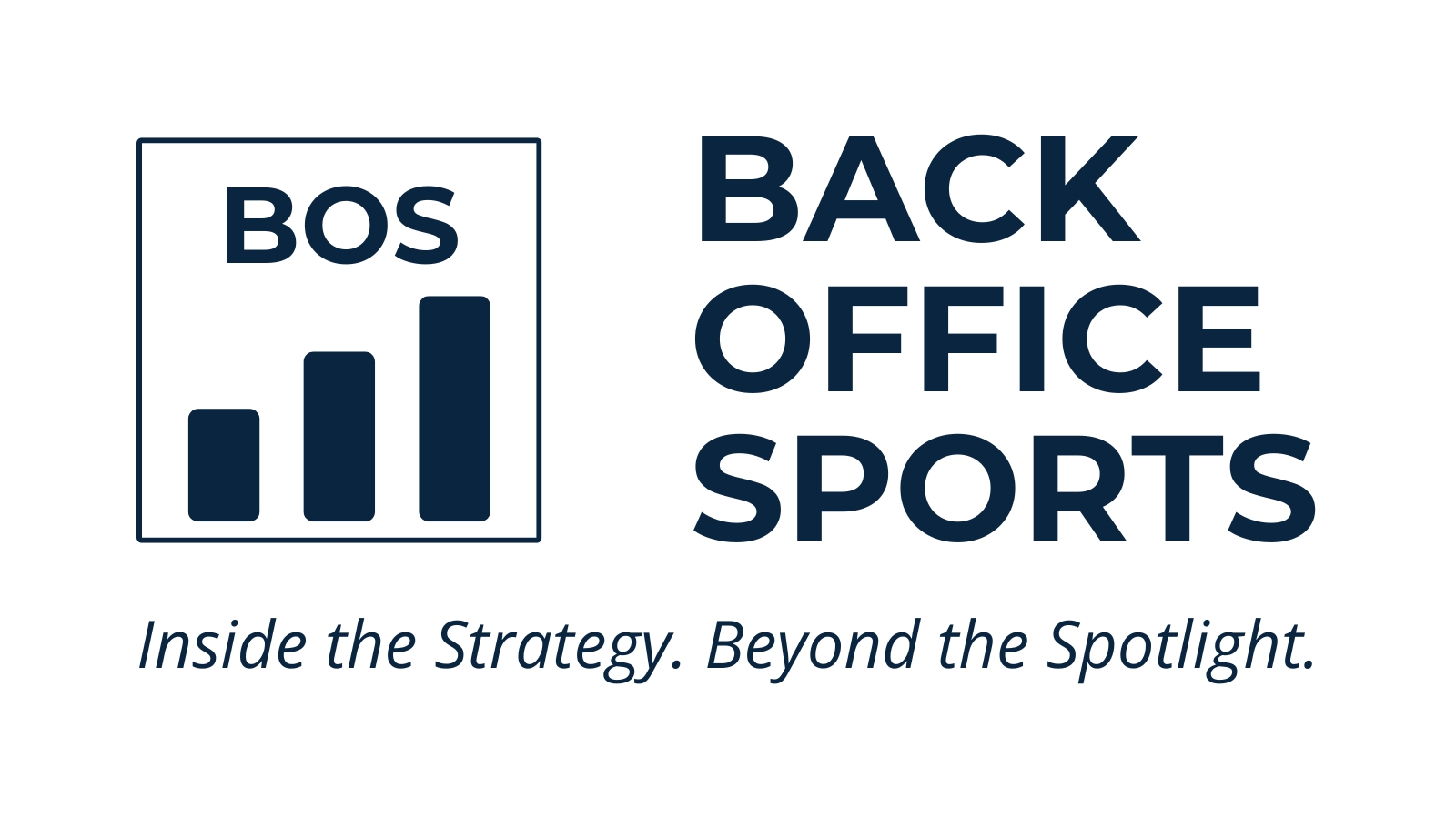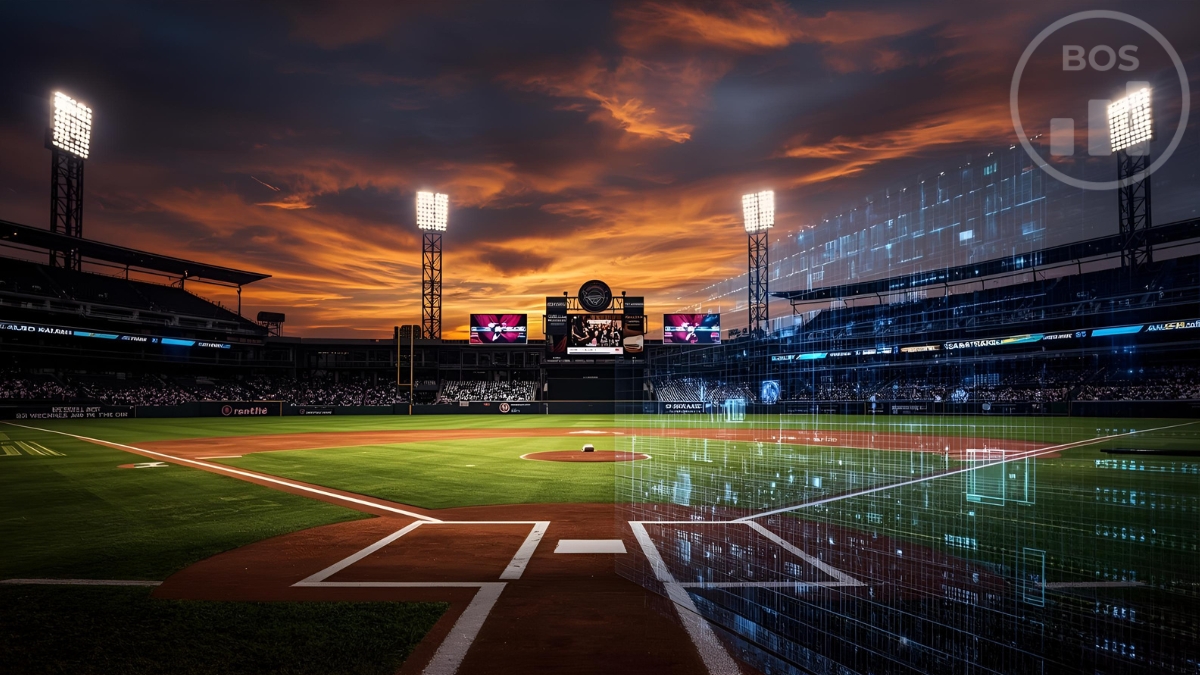29 days to MLB Opening Night


MLB's New Media Deals Reset the Sports Streaming Race
MLB's Big Media Shuffle Signals a New Broadcast Era
Baseball's national broadcast map is about to look very different. MLB has finalized new three-year media rights agreements with ESPN, NBCUniversal, and Netflix for the 2026-2028 seasons - and each deal moves a meaningful chess piece in the league's long-term content strategy.
Taken together, the agreements push MLB deeper into premium streaming ecosystems while giving each partner a signature slice of the schedule. The shift comes as the league continues to gain traction thanks to rising fan engagement metrics, quicker game tempos, and a wave of generational talent attracting fresh audiences.
This is a strategy story as much as a broadcast story - and it matters for anyone tracking where the business of baseball is headed.
ESPN Grabs MLB.TV and a 30-Game Midweek Package
The headline move: ESPN is acquiring MLB.TV.
Yes - MLB's longtime direct-to-consumer hub lands under the Disney umbrella.
Here's the full rundown of ESPN's new role:
-
MLB.TV acquisition, bringing subscription-based streaming into ESPN's broader digital universe.
-
A 30-game midweek package with national windows.
-
In-market streaming rights for six MLB teams.
-
Continued coverage of the MLB Little League Classic and Memorial Day games.
-
Price tag: $550 million.
This fundamentally strengthens ESPN's premium live sports pipeline and positions the company as a central gateway for baseball's streaming future.
NBC Takes Sunday Nights and the Wild Card Round
NBC is stepping back into a prime national position with:
-
Sunday Night Baseball returning to NBC.
-
Exclusive coverage of the Wild Card Playoffs Round.
-
A new slate of MLB Sunday Leadoff games.
-
National windows for special event broadcasts.
-
Price tag: $200 million.
NBC's strategy is clear: capture appointment-viewing baseball and reinforce Peacock's sports value. Bringing postseason baseball back to NBC gives the network a statement franchise to anchor fall sports programming.
Netflix Lands the Home Run Derby and Marquee Events
One of the biggest surprises: Netflix now officially has live MLB events.
This includes:
-
The T-Mobile Home Run Derby - a major crown jewel of MLB's annual calendar.
-
Coverage of special events built around MLB tentpoles.
-
Streaming rights for the World Baseball Classic in Japan.
-
Price tag: $50 million.
Netflix continues its push into premium sports, and MLB secures a partnership with a global entertainment brand that excels at event amplification. Expect big, cinematic packaging and global reach.
What Isn't Changing: FOX, TBS, and Apple TV Remain Anchors
Several core pieces of MLB's national media structure stay firmly in place - and that continuity matters.
FOX/FS1
FOX remains MLB's flagship postseason partner, carrying the World Series, League Championship Series, and Division Series, along with its annual coverage of the All-Star Game and a steady run of regular-season matchups. This lineup keeps FOX at the center of baseball's biggest moments, anchoring the sport's championship narrative and preserving its decades-long role in shaping MLB's national identity. FOX's broad reach and production style continue to serve as the league's most visible national window.
TBS
TBS maintains a significant portion of October with its continued coverage of both LCS and Division Series broadcasts. The network also holds onto its Tuesday night regular-season games, which give it a reliable midweek showcase. For MLB, keeping TBS in the mix sustains a dependable playoff partner with a long track record in postseason storytelling, built around consistent studio coverage and a familiar broadcast cadence that fans know well.
Apple TV
Apple TV stays committed to its Friday Night Baseball doubleheader model, offering a sleek, tech-forward presentation aimed at younger and digital-first audiences. The package gives MLB a dedicated window on a platform known for polished production and global reach, while Apple continues to refine its approach to live sports. This stability supports MLB's broader vision of expanding into premium streaming environments without disrupting established national partners.
Together, this trio provides the backbone of MLB's national schedule. Their ongoing roles keep key broadcast rhythms intact while the new ESPN, NBC, and Netflix deals bring fresh energy and opportunity across the league's media strategy.
How These Deals Elevate MLB's National Strategy
Key Strategic Takeaways
-
Expanded reach across three major platforms - ESPN, NBC, Netflix - each with distinct audiences.
-
A more diverse distribution mix, blending linear, streaming, and event-driven platforms.
-
Event packaging on streaming giants, ideal for marquee moments like the Derby.
-
Alignment with MLB's momentum, including rising attendance and digital engagement.
These agreements aren't a reset - they're a recalibration designed to place baseball in high-visibility lanes where fans already spend their time.
What Sports Biz Pros Should Watch Next
Forward-Looking Storylines to Track
-
How ESPN integrates MLB.TV across its digital ecosystem.
-
NBC's programming strategy around Sunday nights and Wild Card broadcasts.
-
Netflix's production style for baseball's biggest home-run showcase.
-
Potential shifts in team-level media strategy, especially around in-market rights.
-
Ripple effects for RSNs and local distribution models.
The broadcast future is no longer a simple grid - its a blended ecosystem where baseball is positioning itself to thrive.
MLB's Media Future Is Built for Bigger Moments
MLB's new rights cycle isn't just a programming update; it reflects the league's long-term play to meet fans where they already are while giving media partners signature properties to rally around.
For sports-industry professionals, these deals offer a clear signal: the league is investing in reach, flexibility, and marquee moments that resonate across generations.
To keep tracking the biggest shifts shaping the business of baseball, join the conversation and explore more at Back Office Sports.